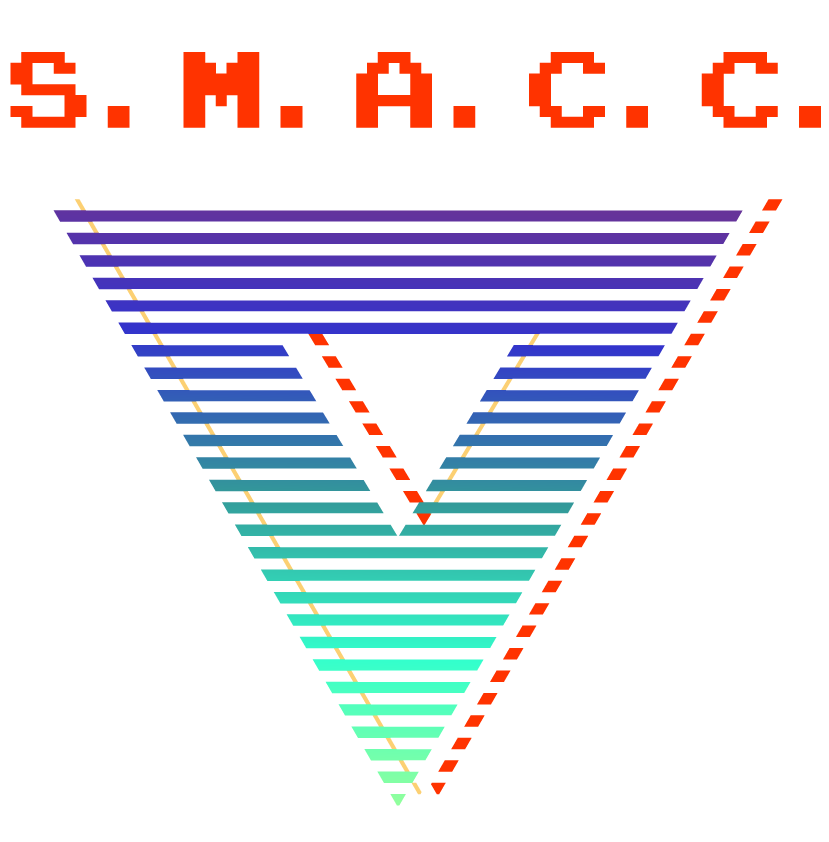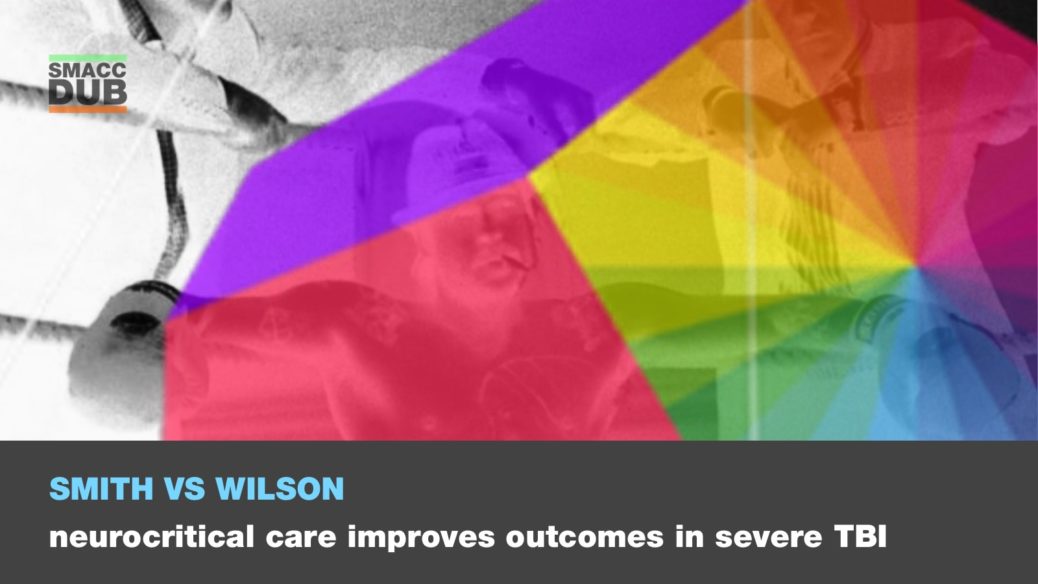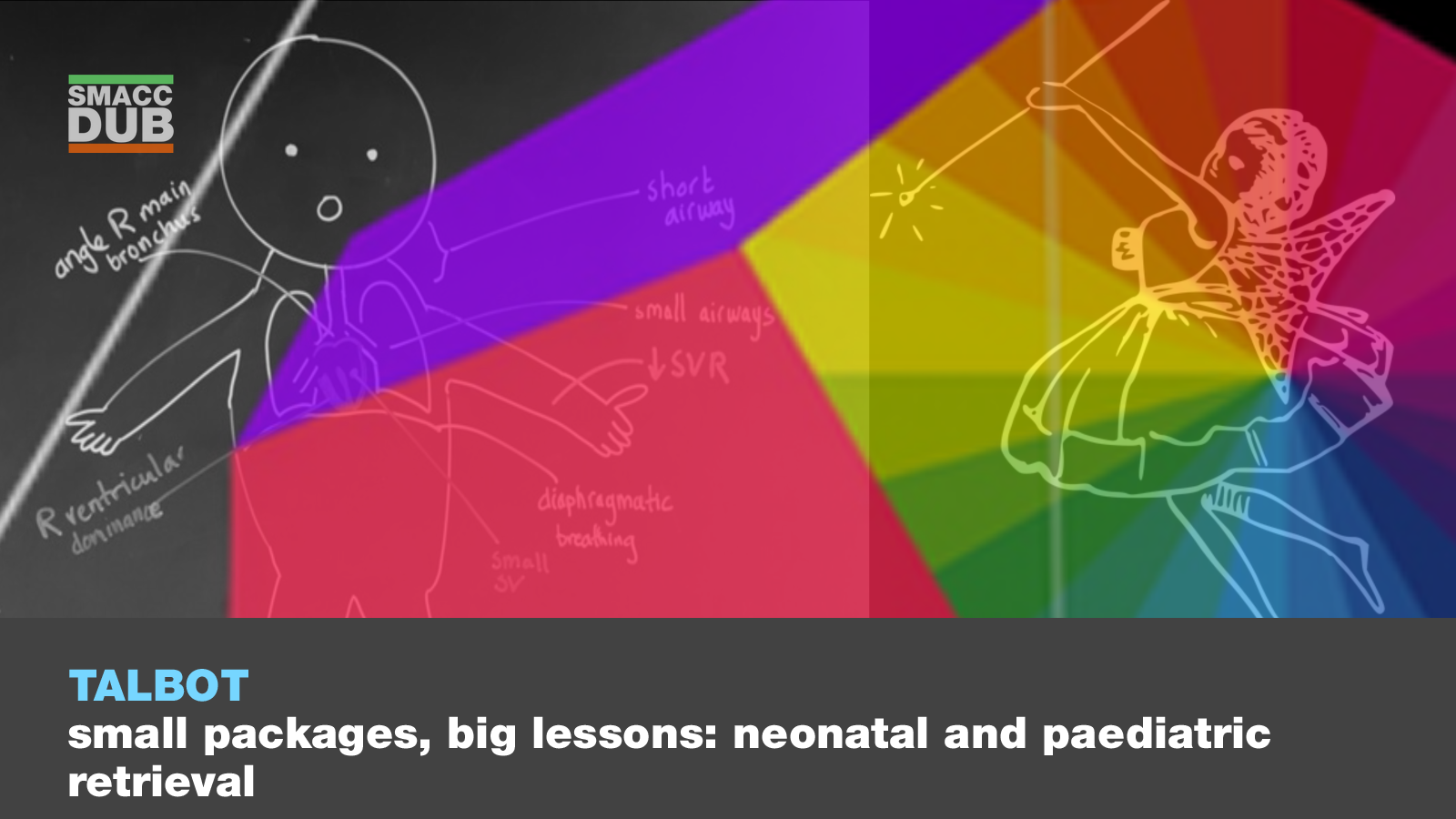Martin Smith
The management of severe traumatic brain injury (TBI) has undergone extensive revision following evidence that longstanding and established practices are not as efficacious or innocuous as previously believed. Very few specific interventions have been shown to improve outcome in large randomized controlled trials and, with the possible exception of avoidance of hypotension and hypoxaemia, most are based on observational studies or analysis of physiology and pathophysiology. Further, the substantial temporal and regional pathophysiological heterogeneity after TBI means that some interventions may be ineffective, unnecessary or even harmful in certain patients at certain times.
Improved understanding of pathophysiology and advances in neuromonitoring and imaging techniques have led to the introduction of more effective and individualised treatment strategies that have translated into improved outcomes for patients. In particular, the sole goal of identifying and treating intracranial hypertension has been superseded by a focus on the prevention of secondary brain insults using a systematic, stepwise approach to maintenance of adequate cerebral perfusion and oxygenation. As well as being used to guide treatment interventions, multimodal neuromonitoring also gives clinicians confidence to withhold potentially dangerous therapy in those with no evidence of brain ischemia/hypoxia or metabolic disturbance.
The days of blind adherence to generic physiological targets in the management of severe TBI have been replaced by an individualised approach to optimisation of physiology which has translated into improved outcomes for patients.
Mark Wilson
The New England Journal of Medicine has published a number of articles recently that demonstrate no benefit from classic neurotrauma interventions (ICP monitoring, cooling, decompression). This is because factors such as ICP and CPP are associated with bad outcome by association rather than causation. This debate will demonstrate that critical care just complicates things and it is high time for the randomised trial between the very best Neurocritical care and NOB therapy (Naso-pharyngeal, Oxygen and a Blanket).









